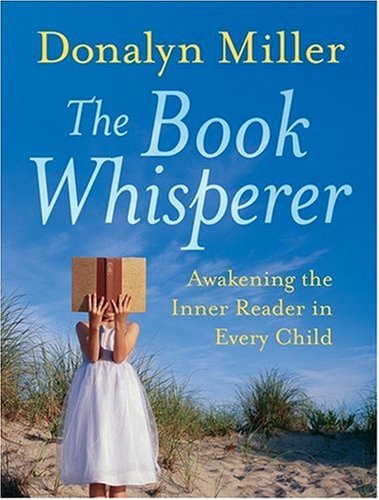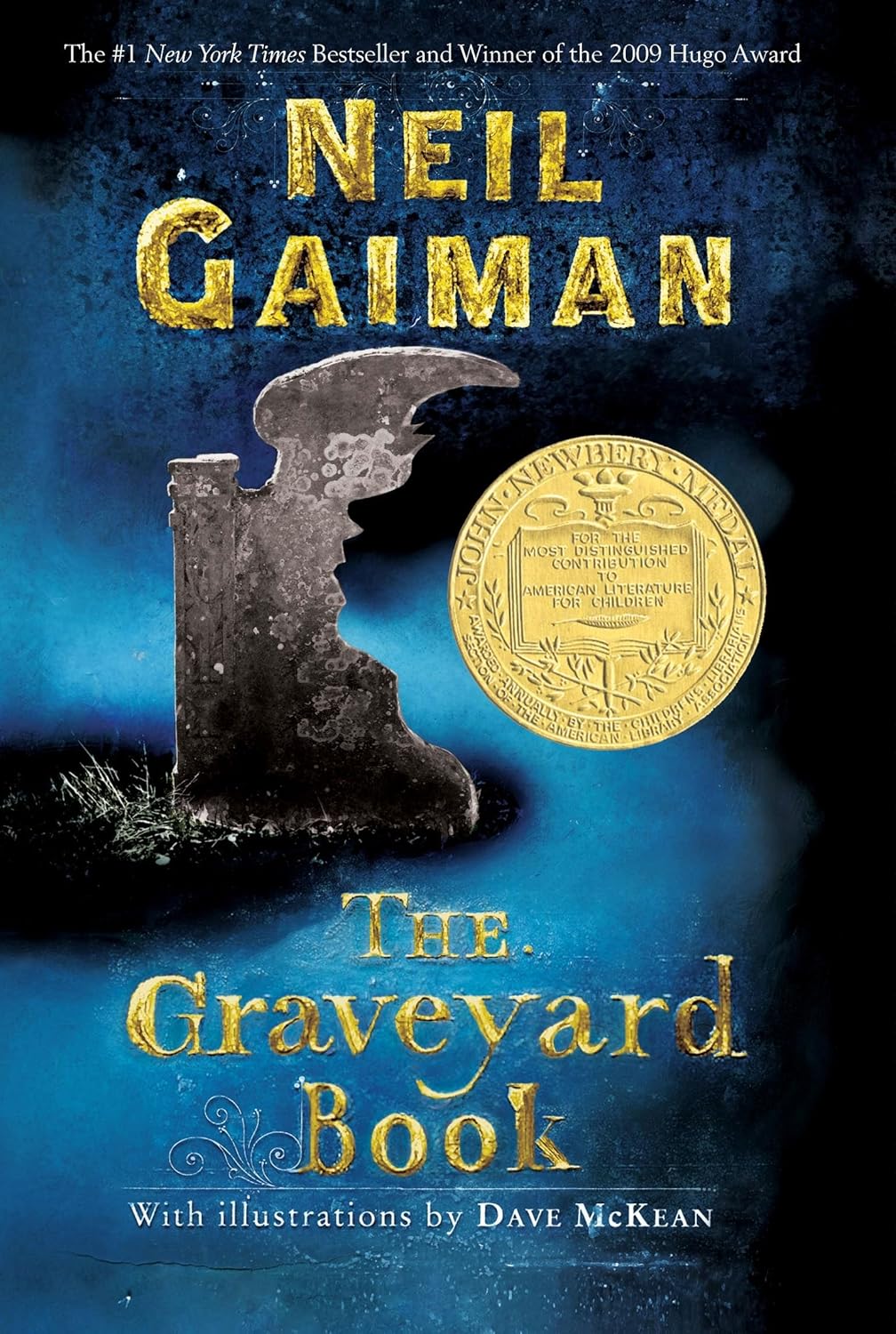John Fitzgerald Kennedy was our nation's 35th president, serving from 1961 until his assassination in 1963. His presidency is remembered for conflict with the Soviet Union and Cuba, progress in spaceflight, and the beginnings of civil rights legislation. He is also remembered as a charismatic speaker.
 |
| Photo by Rapoport/Getty |
Kennedy has been on my mind since attending a recent teaching workshop on Document Based Inquiry. In one of the sessions, we read speeches by Kennedy and Soviet President Nikita Khrushchev following the Cuban Missile Crisis and endeavored to view those words as ourselves, an American citizen in 1962, and a Russian citizen of that time. It was a good reminder that history is both complex and cyclical. Some of the things said by Kennedy and Khrushchev are not too far from what we are hearing from Biden and Putin regarding Ukraine.
I knew that this year's picture would honor Kennedy when I ran across this quote from his response to a Saturday Review presidential candidate questionnaire in the final days of his 1960 campaign for the presidency.
If this nation is to be wise as well as strong, if we are to achieve our destiny, then we need more new ideas for more wise men reading more good books in more public libraries. These libraries should be open to all—except the censor. We must know all the facts and hear all the alternatives and listen to all the criticisms. Let us welcome controversial books and controversial authors. For the Bill of Rights is the guardian of our security as well as our liberty.
 |
| Kennedy was a voracious reader Photo from JFK Library collection |
When I was younger, I aspired to be the President of the United States. In fact, the long term goals in my high school day planner included a run for the presidency in 2028. With less than a decade to go, I haven't yet created relationships in a political party or run for any public office. I hereby declare I will NOT be running for president in 2028.
However, I was appointed to the Coeur d'Alene Public Library Board of Trustees in 2020 and was just elected as chair of that board. Although that position does not require me to bear anywhere near the responsibility required of the President of the United States, the decisions I am making there often require careful deliberation and can weigh heavily on my mind. Much of our work is updating library policy. Making sure that our accessibility policy included miniature horses as service animals and that other policies are updated to reflect current technology are easy decisions. Other work, such as selecting a new library director, approving COVID safety policies, and figuring out what should be included in a trustee code of ethics have been more difficult.
For the last year and a half on the board, most of our meetings have included public comment concerned about the books that are in the library. As trustees, we have the responsibility to approve a book selection policy, but the actual collection is chosen and maintained by the library staff. The board is also the last stop for any book that is formally challenged by a community member.
It is my belief that the library should, as Kennedy said, include controversial books and controversial authors. It is up to an individual to choose which of those books come into their home to be read. There may be a question as to where they should be shelved in the library, but there is room in the library (and its book purchasing budget) for books that reflect and books that challenge the values and experiences of everyone in our community. "...We need more new ideas for more wise [people] reading more good books in more public libraries."
Happy Presidents Day!
Should you seek to fix the blame for my past portraits:


















.jpg)











